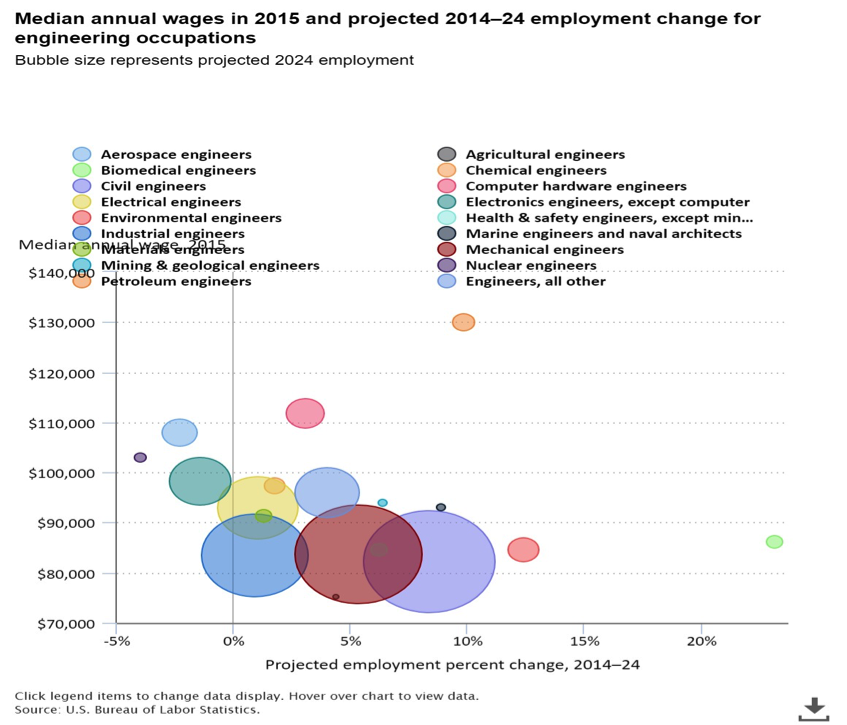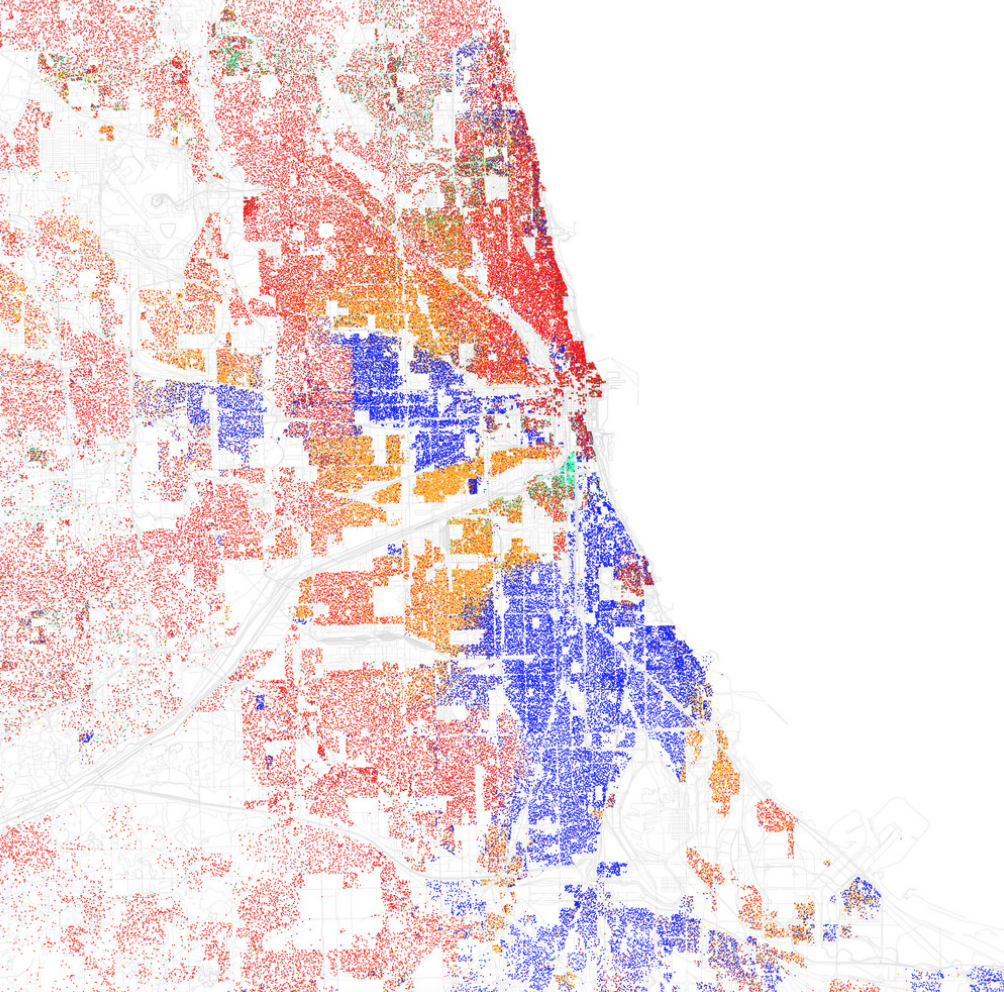By: Alison Doherty, Assistant Director of Career Services for the School of Communications

A little over two years ago, the Supreme Court lifted the federal ban on sports betting, and since then 20 US states have already legalized the practice in some form. Now allowed in 40% of the country, and continuing to expand, it is clear that this will become a huge industry with an enormous impact on the business of sports. A hot topic amongst sports enthusiasts and lawmakers alike, it is often viewed as controversial, but regardless of one’s views on it, it is a rising data-driven market that is creating jobs in the areas of marketing, technology, and business development/operations. I sat down with Bill Squadron, Assistant Professor of Sport Management, who opened my eyes to this growing field as we discussed the history of sports betting, its operations, and how students can best prepare themselves for jobs in this area.
History and Growth
Professional sports leagues have been concerned about sports betting ever since the game-fixing scandal of the 1919 World Series. The Professional and Amateur Sports Protection Act of 1992 (PAPSA) effectively outlawed sports betting nationwide except for a few states, most notably Nevada which brought in billions of dollars through sports gambling. Just like during Prohibition however, illegal gambling was still prominent in the US, and the rise of the internet caused black marketing gambling to increase substantially over online platforms. As NBA Commissioner Adam Silver stated in 2014, “despite legal restrictions, sports betting is widespread. It is a thriving underground business that operates free from regulation and oversight” and “some estimate that nearly $400 billion is illegally wagered on sports each year.”
Former New Jersey Governor Chris Christie, wanting to offer sports betting in Atlantic City, challenged the constitutionality of the federal law, arguing that PAPSA did not apply equally across all states. After several years of litigation, the Supreme Court ruled in May 2018 that PAPSA did in fact violate the 10th Amendment and overturned the federal law, opening the door for any state to legalize sports gambling.
How it works
If you’re a casual sports fan like me, you may think of sports betting as gambling on the outcome of high-stakes games, such as playoffs, strictly in terms of who wins and who loses. But in fact, people can bet on essentially any outcome, in real-time, play-by play, such as how many runs a certain baseball team will score in the next inning. The odds are constantly updating, allowing spectators to wager continuously as the action unfolds. I was surprised to learn that people will bet on teams and people they don’t even know, not just those that they follow, and on all kinds of sports around the world. While football and basketball are the most popular sports to bet on in the US, many also bet on horseracing, boxing, soccer, tennis, esports, and more. As Professor Squadron explained to me, the scale of it is so much bigger than most Americans realize.
However, policies, procedures, and tax rates vary state by state, so each state that legalizes sports betting is allowed to do so in their own way (for example, the state of New York does not currently allow mobile sports betting). There are both in-person locations to place bets (which will likely be inside venues and stadiums in the future), and huge online platforms, such as BookMaker, Draft Kings, and Ladbrokes.
Job Opportunities and Essential Skills
It is likely that we will continue to see major growth in this industry as more states legalize sports betting. Not only is it a huge revenue source for states through the taxes they collect, but it can also increase fan engagement for current fans and bring in more casual fans. As a very technology and data driven industry focused on risk management, the major employers (casinos and online platforms) will be looking for data scientists, statisticians, mathematicians, and programmers who can calculate odds in real-time and manage complex online platforms. In addition, there is also a big interest in sports leagues and media agencies who want to work with these employers, opening up plenty of opportunities in marketing and customer acquisition.
So, who should consider a career in sports betting? It’s not for everyone, but for those who know and love sports, and also understand the math and technology behind it, it may be a perfect fit. Professor Squadron expressed that employers are looking for exactly that: the combination of sports knowledge and data/technology expertise. This field may interest students in the School of Communications, especially sport management, strategic communications, and media analytics majors. Students in business, math, statistics, or computer science would also have valuable skills to bring to the field. If you want to go into this business, work on developing two major skill sets: technological (math, data science, programming), and communications (marketing, content creation, business development). LinkedIn Learning, among other resources, can help you develop these skills. If this field is of any interest to you, make sure to stay informed on this rapidly changing and mounting industry, and the job opportunities it presents.






